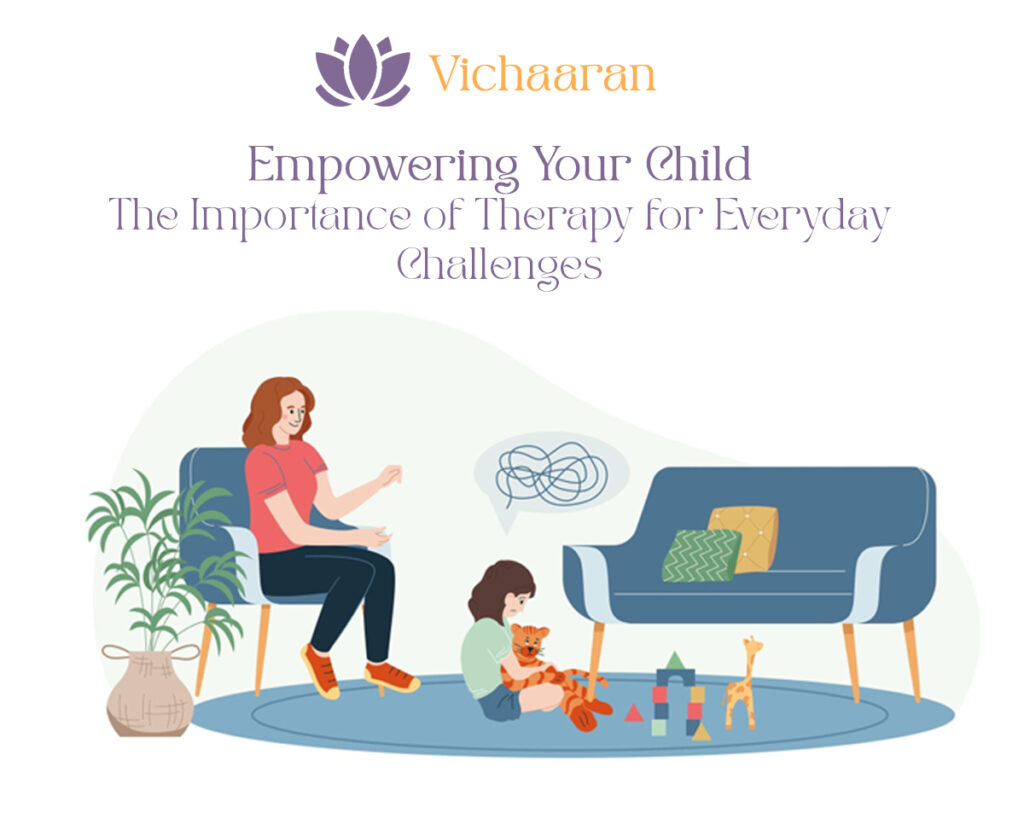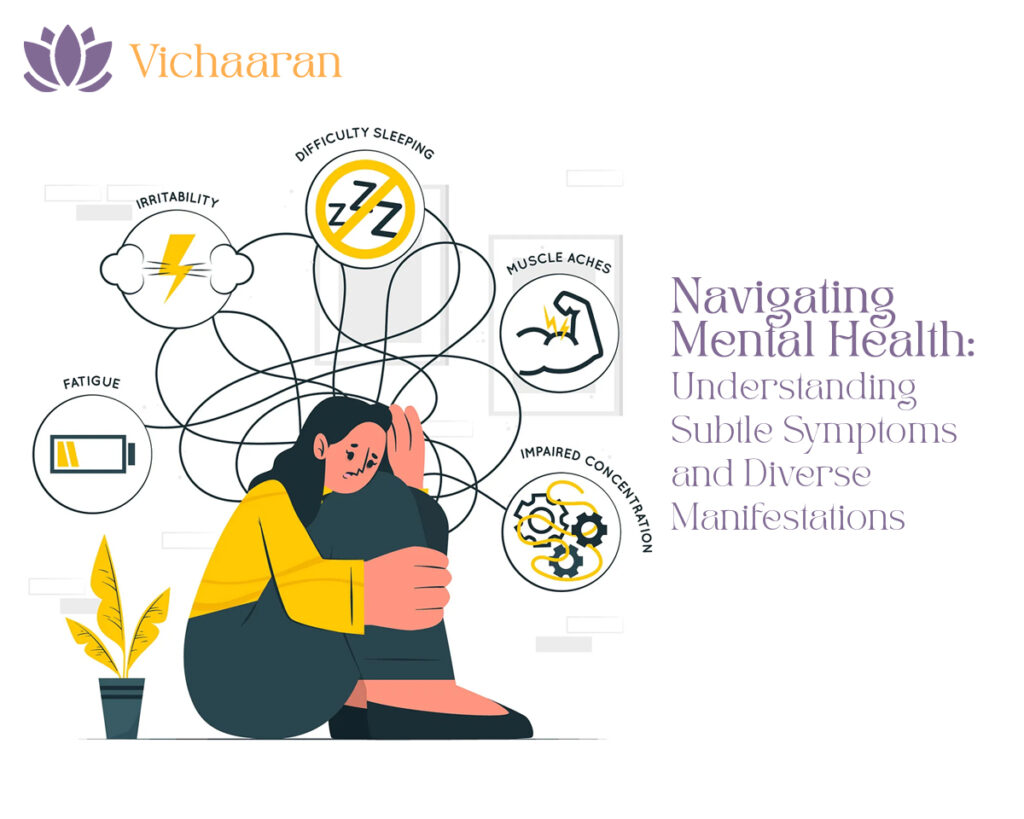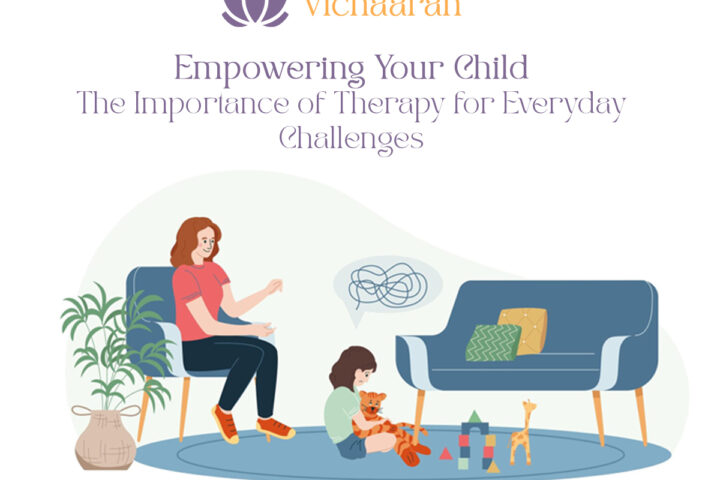Nurturing Interpersonal Relationships: The Heart of Mental Health

Interpersonal relationships play a crucial role in our overall well-being and mental health. Whether it’s the bonds we share with family, friends, romantic partners, or colleagues, the quality of our connections can significantly impact our emotional resilience, sense of belonging, and ability to cope with life’s challenges.
At the heart of healthy interpersonal relationships lies empathy, communication, and mutual support. When we feel understood, valued, and accepted by others, we experience a sense of validation and emotional security that can buffer against stress and adversity. Conversely, strained or conflict-ridden relationships can exacerbate feelings of loneliness, anxiety, and depression, undermining our mental well-being.
One of the key benefits of nurturing healthy interpersonal relationships is the sense of social support and connection it provides. Research has consistently shown that having a strong support network is associated with better mental health outcomes, including reduced levels of stress, depression, and anxiety. Whether it’s having someone to confide in during difficult times or receiving practical assistance and encouragement, knowing that we have people we can rely on can greatly enhance our resilience and coping abilities.
Moreover, interpersonal relationships can serve as a vital source of emotional validation and affirmation. When we feel seen, heard, and understood by others, it validates our experiences and feelings, fostering a sense of self-worth and belonging. This validation is especially important in the context of mental health, where individuals may grapple with feelings of shame, stigma, or self-doubt. Having supportive relationships can counteract these negative beliefs and provide a sense of acceptance and validation for one’s struggles.
Communication is another essential aspect of healthy interpersonal relationships, particularly in the mental health context. Effective communication allows individuals to express their thoughts, feelings, and needs openly and honestly, fostering understanding and empathy between parties. In therapy, for example, a safe and supportive therapeutic relationship is built on trust and open communication, allowing clients to explore their innermost thoughts and emotions without fear of judgment or rejection.
However, it’s important to recognize that maintaining healthy interpersonal relationships requires effort and commitment from all parties involved. This may involve active listening, empathy, compromise, and conflict resolution skills to navigate disagreements and misunderstandings constructively. Additionally, setting boundaries and practicing self-care are essential for preserving the integrity of our relationships and protecting our own mental well-being.
In conclusion, interpersonal relationships are the cornerstone of mental health and well-being. Cultivating supportive, empathetic, and communicative connections with others can provide a sense of belonging, validation, and emotional support that is vital for our psychological resilience and growth. By prioritizing the quality of our relationships and investing in meaningful connections, we can nurture a sense of connectedness and belonging that enriches our lives and contributes to our overall mental health.
Remember, if you’re struggling with your mental health or experiencing difficulties in your relationships, reaching out to a qualified mental health professional or trusted loved one can provide the support and guidance you need to navigate these challenges.








